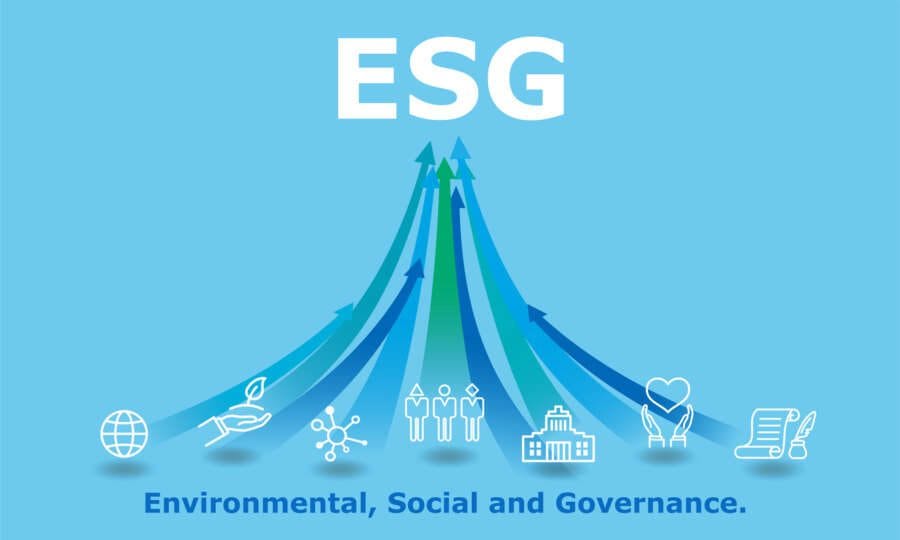
ESG is a key discussion in the boardroom, as business leaders recognise achieving or missing ESG targets will significantly affect the landscape in which companies operate, says Dr. Jeroen Veldman, Professor of Corporate Governance at Nyenrode Business University.
According to Dr. Veldman, corporations must also be aware of new legislation from national governments and international organisations demanding more detailed ESG reporting. He believes pro-active engagement with this emerging landscape offers significant advantages. Five issues are crucial.
The EU estimates a “business as usual” approach will lead to a 3-4 degree increase in global average temperature, with disastrous knock-on effects for markets and the private sector.
The idea of ESG was conceived by major investors, central banks and industry standard-setters from 2004 onwards. The development of standards that include ESG criteria is, therefore, driven by the actions of key bodies in the field of corporate governance.
ESG is a means of measuring risks, but it delivers information on three separate thematic areas that cannot be easily aggregated. So, a company might score highly in one area and have an overall low ESG score, or vice versa. Critics have argued that ESG reporting should be limited to a much smaller set of issues. ESG is also prone to becoming “alphabet soup”, where acronyms pile up to the point of being confusing. In all, ESG is a concept that is still undergoing development.
Better ESG scores have been correlated with higher corporate performance and greater capacity for innovation. Improved risk assessment builds consumer trust and strengthens investment performance.
Early anticipation of ESG regulations will give some companies a competitive advantage. As global environmental and social crises worsen, higher ESG standards will be demanded. Companies that do not jump on board early risk being pushed by legislation and supply chain bottlenecks.


